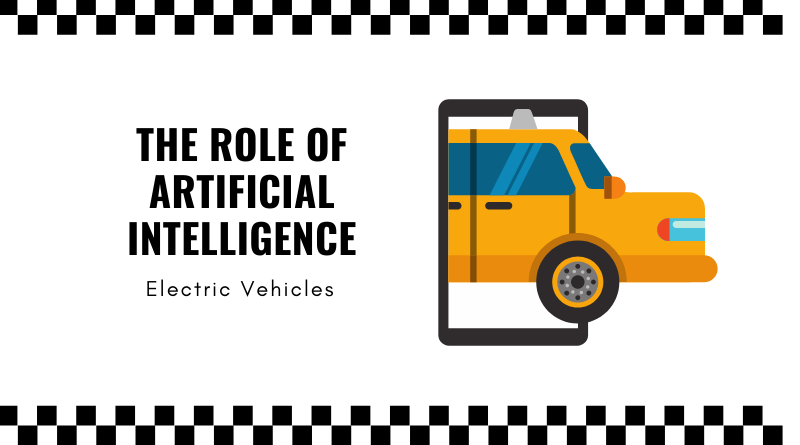Artificial intelligence has taken the world by storm and infiltrated multitudes of industries seeking to improve their processes and adopt a more streamlined approach to their operations. The electric vehicle industry, too, saw great potential in AI and has been embracing the combination of science and engineering offered by the phenomena. The introduction of artificial intelligence (AI) in the development of electric vehicles poses a significant milestone for EV manufacturers across the world. Researchers have uncovered the immense potential of AI to expand on the advantages of EVs. Needless to say, AI holds the key to kick EVs up a notch or two and is set to steer the fast progression of the uptake of EVs.
Researchers have made much headway in their studies into how AI can be used to improve the existing network of EVs. One of the first discoveries has been that AI could improve multiple aspects of battery technology and charge an EV in as little to no time at all. This groundbreaking breakthrough is set to transform the playing field as an influx of EV manufacturers have been wooed by the magic of AI and are testing out how it can be best used to make their brands and offerings stand out from the crowd. According to a research paper titled Application of Artificial Intelligence on Electric Vehicles by Christ University’s Aadarsh Kumar, published on ResearchGate, scientists have been using AI to speed up their analysis on battery performance and development, as well as to better understand the performance of existing batteries. AI has streamlined their studies and allows them to rapidly test limitless combinations.
A team of professors led by Stefano Ermon and William Chueh from Stanford has formulated a method of testing batteries, which is based on machine learning. The study indicates that the new method reduces the average testing time by 98%. The aim of the tests is to determine how long they are capable of lasting. Professor Ermon says: “In battery testing, you have to try a massive number of things because the performance you get will vary drastically. With AI, we’re able to quickly identify the most promising approaches and cut out a lot of unnecessary experiments.”
As much as AI poses a great deal of potential in the EV industry, it comes with just as many risks, one of which involves the reduction in the lifespan of batteries. According to a journal report featured in The Wall Street Journal, separators in EVs could become easily damaged due to faster charging. The resultant impact of this is decreased battery lifespan and even fires. Could the risks of AI in EVs outweigh the benefits? Absolutely, if there isn’t a controlled system in place to monitor and prevent these potential risks.
AI sure does have a lot to offer the electric vehicle industry, but this powerful technology ought to be restrained in order to prevent its benefits from transforming into threats. A safe balance is definitely required to experience the greatness that is AI in EVs.


